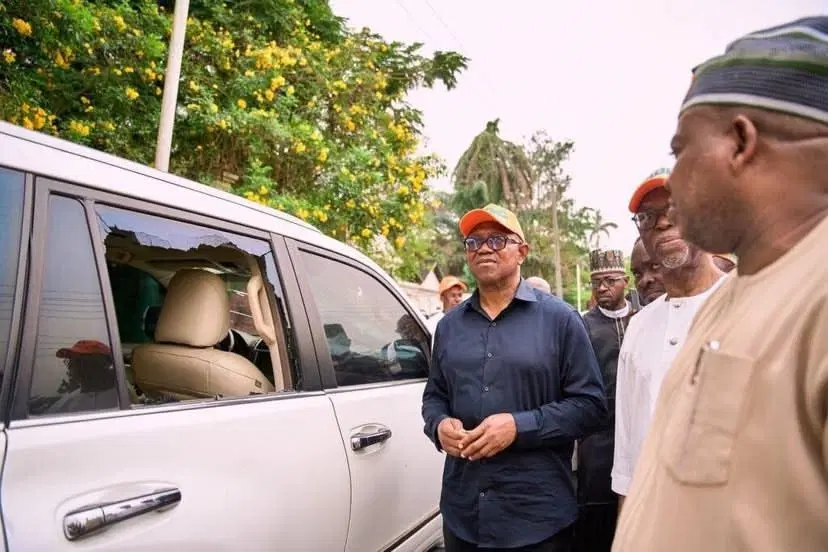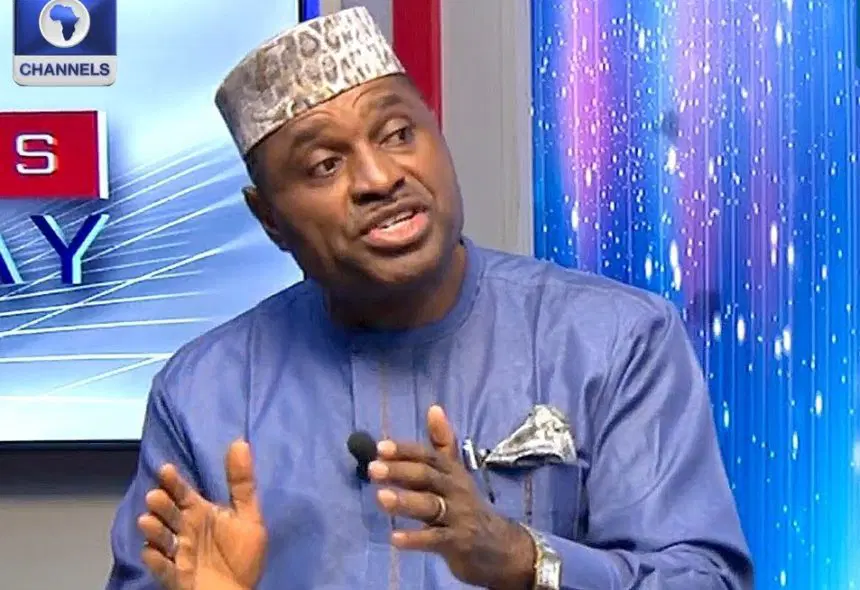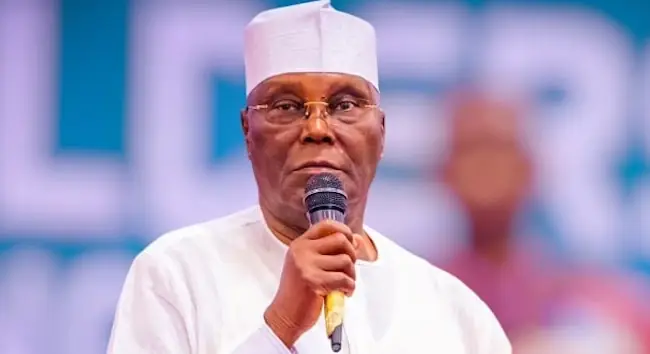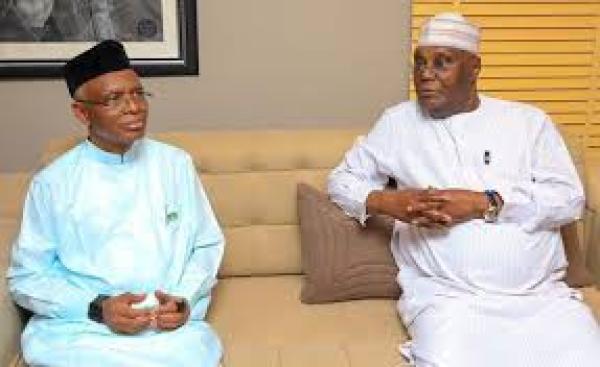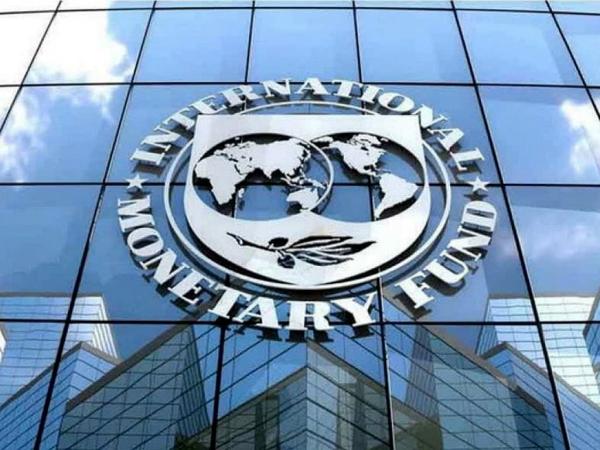
The International Monetary Fund has advised the Nigerian government to halt what it referred to as implicit fuel and electricity subsidies.
The Washington-based bank disclosed this in its recently published report.
The organisation told Nigeria that the subsidies would guzzle three per cent of the nation’s gross domestic product in 2024, as opposed to one per cent in the year before.
IMF projected that the implicit fuel subsidy could gulp as high as N8.4 trillion in 2024 from N1.85 trillion in 2023, N4.4 trillion in 2022, N1.86 trillion in 2021 and N89 trillion in 2020.
“Costly and regressive energy subsidies”, it said, noting that this was critical “to creating fiscal space for development spending and strengthening social protection while maintaining debt sustainability.
“As inflation subsides and support for the vulnerable is ramped up, costly and untargeted fuel and electricity subsidies should be removed, while, e.g., retaining a lifeline tariff.”
Recall that in June last year, the Nigerian government announced the removal of fuel subsidy.
Similarly, in April 2024, the Nigerian Electricity Regulatory Commission announced a 240 per cent electricity tariff increase for Band A customers, getting 20-24 hours of power supply.
Following the outcry from Nigerians, a recent minor reduction was announced.












